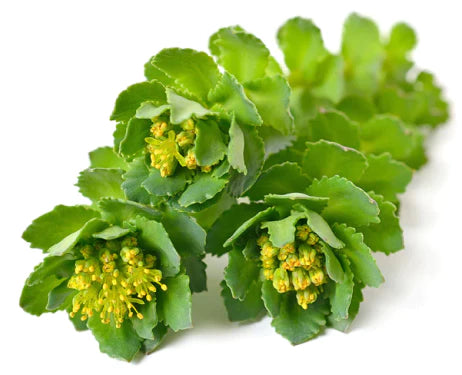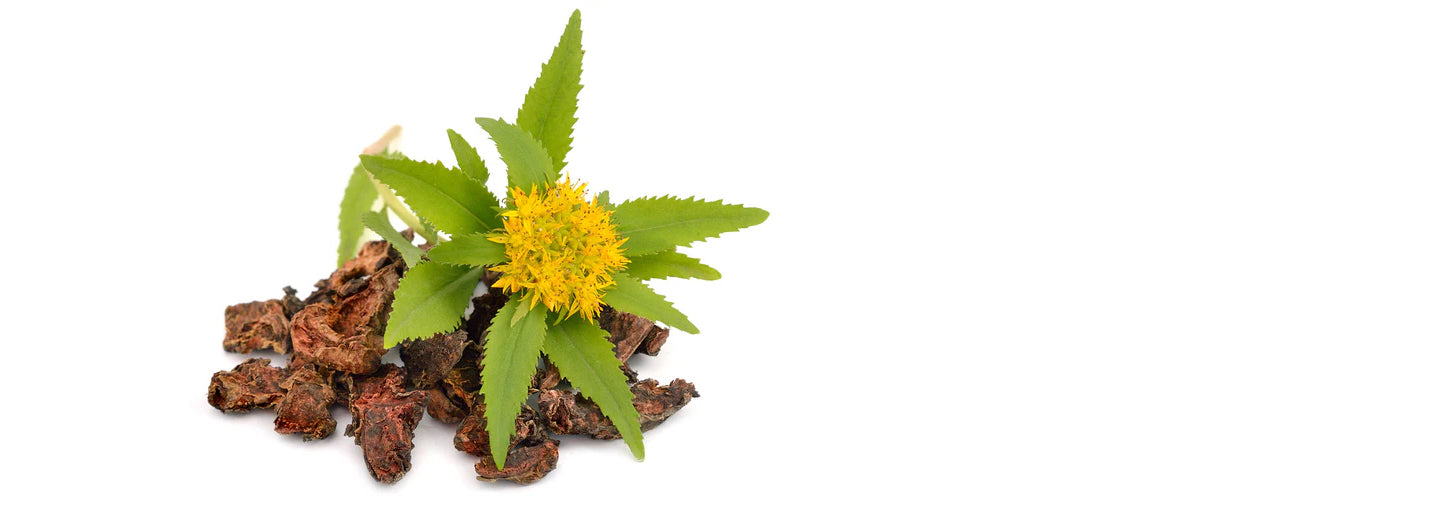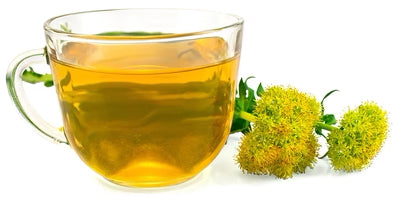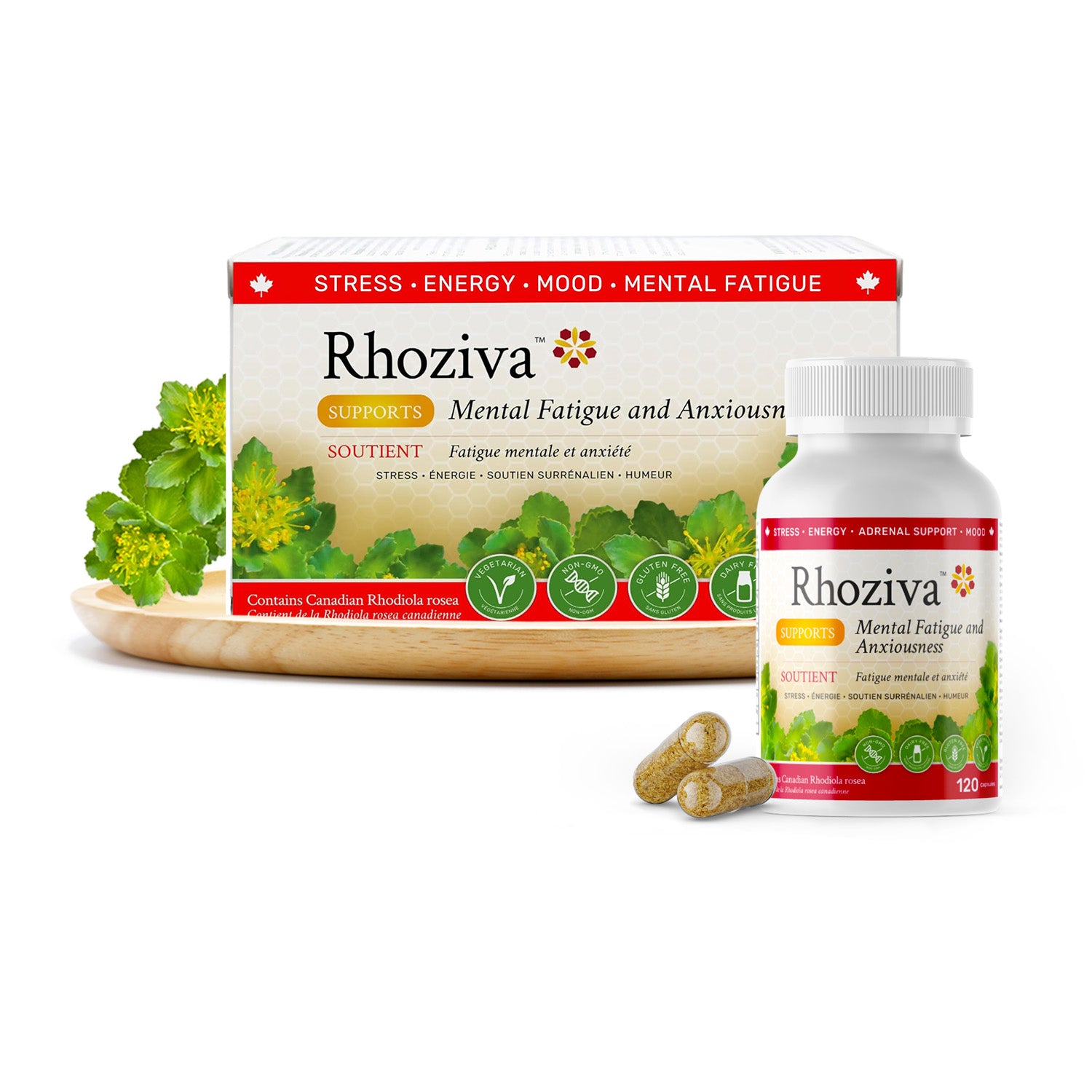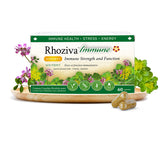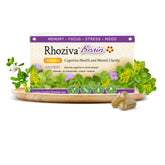Also known as the “golden root” and “Arctic root”, Rhodiola rosea is an ancient herb that naturally grows in the cold, mountainous areas of the Arctic, European, and Asiatic regions of the world. [1]. Rhodiola rosea has been used for centuries in Eastern medicine to support memory, stress reduction, mood, and exercise performance.
This jam-packed herb contains over 140 important compounds, including glycosides, flavonoids, tannins, and other phenolic compounds [2,3]. These phenolic compounds are potent antioxidants, which naturally balance the oxidative stress that could otherwise lead to cell damage and result in an array of diseases.

